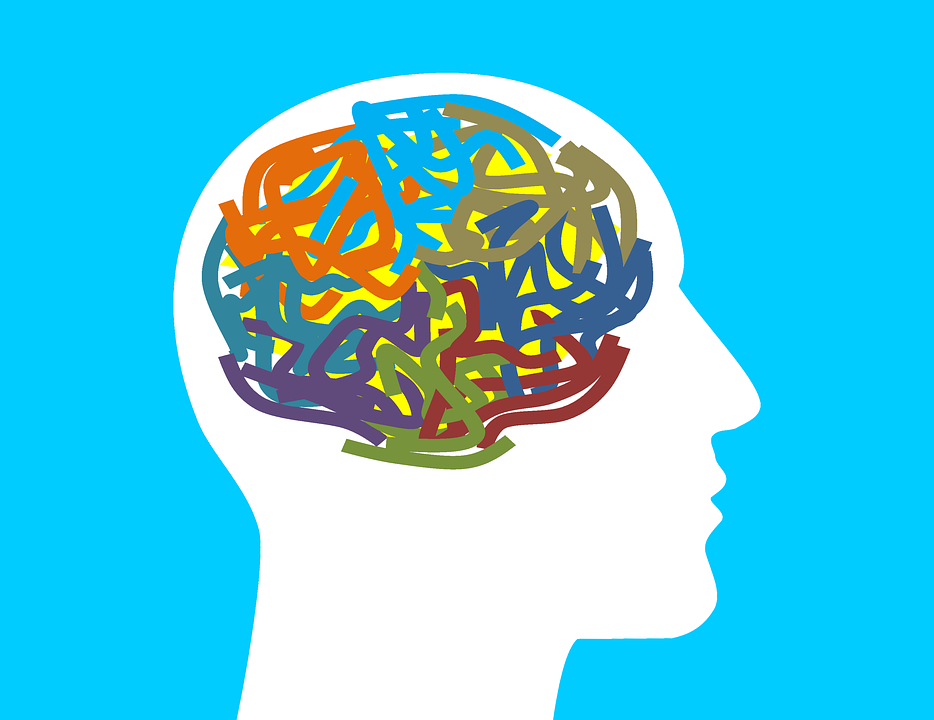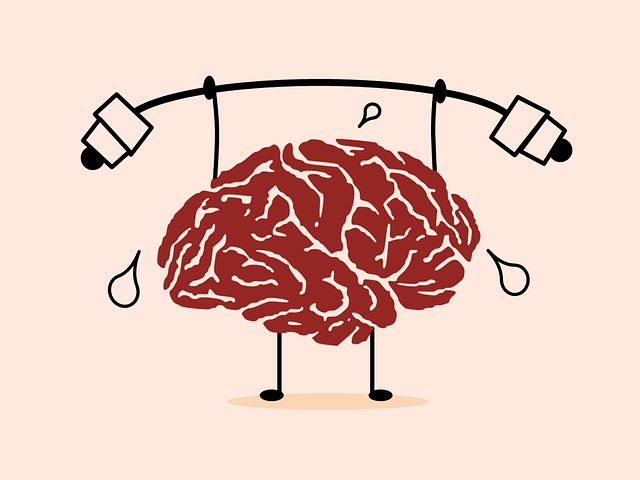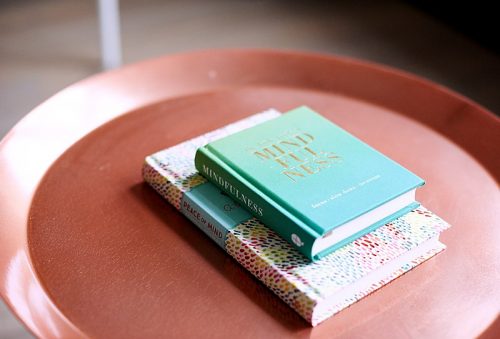How Art And Literature Improve Mental Health
 Source: pixabay.com
Source: pixabay.com
Art and literature have been shown to benefit one’s mental health. A majority of the community say that art is a useful avenue for expression. Meanwhile, others comment that reading literature helps in re-evaluating beliefs and emotions as well as learning techniques to handle mental health.
But, how could art and literature exactly improve mental health? Here are the reasons why.
Art Can Relieve Stress
With today’s fast-paced and performance-intensive environment, stress is almost a common feeling among workers. For this reason, people have been turning to adult coloring books for stress alleviation. “Anything that someone can do that can be an entry into connecting with their sense of creativity can be really powerful,” says Christianne Strang, PhD.
Researchers have discovered that art is therapeutic. But, how? Well, an average human has around 600,000 thoughts per day. And strangely enough, 95% of those thoughts are quite the same! No wonder people are always so stressed. But with art, a person enters into “the zone,” which puts the mind in total focus and temporarily gets rid of unnecessary thoughts.
So, art helps people enter into a meditative state and be free from worries for just a moment.
Art Can Foster Creative Thinking
Creative thinking is quite essential in growth and brain development, especially the brain. “Often creativity helps you to express parts of yourself that are being hidden,” says Sheridan Linnell, PhD. “Expression through art can be healing in itself, and it can also be a stepping stone for being able to make sense of yourself and express your story to others.”
Creative thinking is not just the usage of the right side of the brain to do tasks; it is the usage and communication of both sides of the brain. This type of thinking is found to enhance problem-solving skills and even stimulate the growth of more neurons.
So, the next time a person is looking for some neurotics, or exercise for the brain, then art is the way to go. Coloring adult coloring books or sketching is almost synonymous to a math exam, just without the numbers.
Art Can Improve Brain Function

Source: commons.wikimedia.org
Other than learning art can encourage both sides of the brain to work, art could also improve brain activity; thereby, mental health.
Brain plasticity refers to the brain’s ability to forge connections and change given periods. Brain plasticity improves when the brain engages in new or complex activities. An example of those activities is art. Studies have shown that art can stimulate different areas of the mind into communicating with each other.
But that’s not all! Studies have also found that art can make a person more resistant to psychological and emotional distress. Art can also make a person more resistant to stress, other than helping manage stress levels.
Art Can Improve Quality Of Life Of Patients With Dementia
Treatment methods often use art for patients with dementia. From earlier studies, medical researchers have found that drugs are not effective in treating patients with dementia. But with art, patients with dementia responded far better than the drug treatments. Patients with dementia expressed pleasure when encourage to create art.
“We know that people with early stage Alzheimer’s often feel a sense of stigma or isolation because of their condition. We believe that exploring their creativity could make a difference in their self-esteem,” says Danielle Dodson, LCSW.
According to Dr. Arnold Bresky, a physician who create the “Brain Tune Up” program, has seen the effectivity of art to patients with dementia, first-hand. He observed that 70% of his patients with memory problems had improvements in memory after they created art.
What’s the reasoning behind this? Well, art has proven its capacity to improve cognitive abilities and memories of different people, even those with severe mental health disorders.
Literature Can Also Help Patients With Dementia, Too
While art has become a popular form of therapy for mental health illnesses, literature is gaining traction. The NHS has recognized the power of bibliotherapy, or therapy through the use of books, for the treatment of severe mental health disorders. The NHS, through The Reading Agency, has compiled a list of books to read for patients with dementia or depression. However, always note that the NHS recommended bibliotherapy alongside the traditional treatment of Dementia.
Literature Encourages Mindfulness
 Source: commons.wikimedia.org
Source: commons.wikimedia.org
On its own, bibliotherapy is said to encourage mindfulness. Research studies have discovered that reading books help maintain positive change as well as learn different perspectives, emotions, and beliefs. Books can even improve empathy. But more importantly, books can help navigate through the feelings of depression, anxiety, and loneliness. Several books on the subject matter have been published to help people who are going through troubled times.
On a related note, multiple research studies have discovered that bibliotherapy can “provide long-lasting help” to people with mild depression.
In A Nutshell
Art and literature shouldn’t just be solely for entertainment and aesthetic purposes. They have been used to improve cognitive functions and aid in the treatment of severe mental health conditions. They have also been used to foster creative thinking and alleviate stress. Indeed, one could say that art and literature touch the heart and mind.




